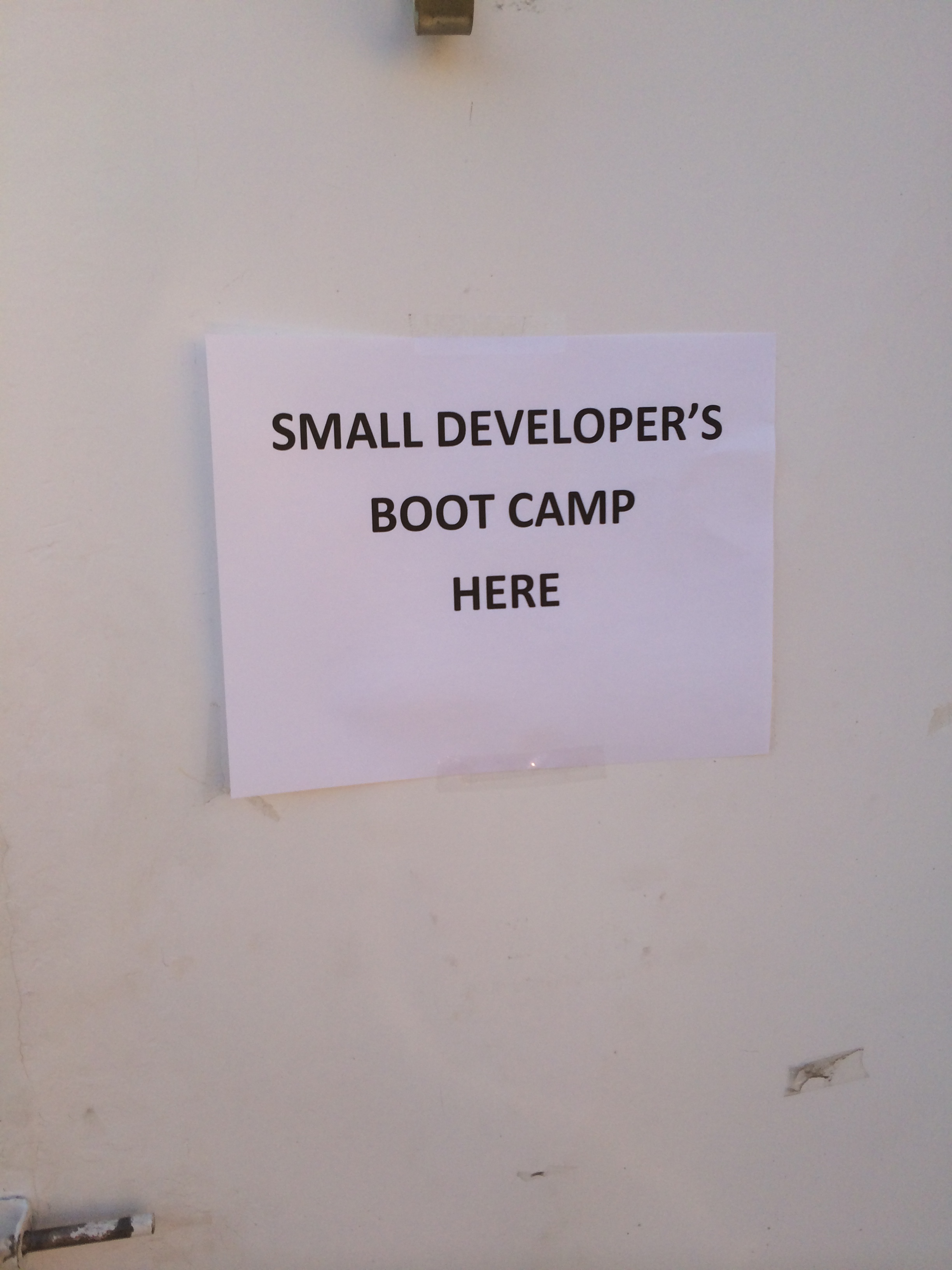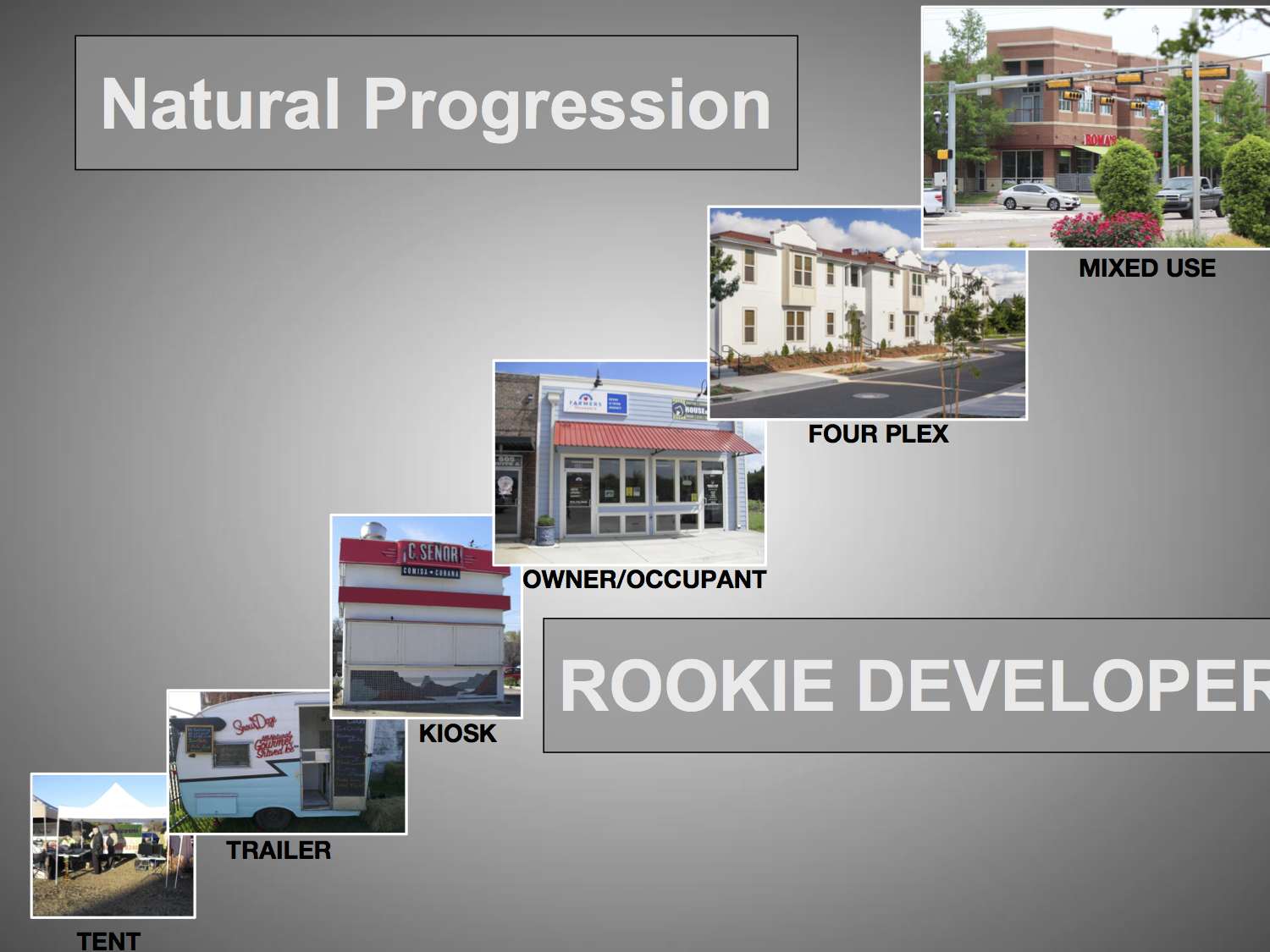 Disclosure; Many of my Architect and Developer colleagues disagree with me on the subject of building condominium ownership. They think the risk can be handled with the right insurance and the right attorneys. My question for them; "As long as there are other non-condo projects to be built, why bother with this insurance/lawyer critical mess?
Disclosure; Many of my Architect and Developer colleagues disagree with me on the subject of building condominium ownership. They think the risk can be handled with the right insurance and the right attorneys. My question for them; "As long as there are other non-condo projects to be built, why bother with this insurance/lawyer critical mess?
The Construction Defects Plaintiffs' Bar is a very good reason to stay the hell away from for-sale condominium projects. The General Liability insurance policies for builders and developers are more expensive than for fee simple for-sale or for rent project. For Architects and Engineers Professional Errors and Omissions insurance coverage gets really expensive once you start doing any significant portion of your work on condo projects. The result is that Architects either do a _lot_ of condo work, or they do very little. There is a statute of limitations for construction defects, typically 10 years in most states. In year 9 the staffers of the big construction defect law firms start to send "trolling" letters to owners of the condominium units hoping to hook a couple people interested in suing. The addresses are easy to find, since they are required to be recorded with the State Board of Real Estate or the State Attorney General's office. The letter tells the condo owner that the law firm is currently representing other owners in the condominium association in a lawsuit against the Developer, the builder, and the architect. The lawsuit is being handled on a contingency basis, so there will be no up front cost for the condo owner to join the lawsuit. The law firm gets 40% of any settlement or judgement if they win. The insurance companies for the developer, the builder and the architect, and maybe a few of the mechanical trades often just settle with the firm. Then they jack up the rates of their customers or just cancel their policies. So without any actual construction defects the tidy little extortion scam just ends up making the insurance needed to build condo's more expensive. There are actual defects in some of these lawsuits, but the deals cut between the insurance companies to spread the paid of settlement around are sleazy at best. A hugely bad structure for managing risk. This is why we advise Small Developer/Builders to avoid condominium projects whenever possible and to keep the scale of your projects small and your project LLC separate to mitigate your risk of bullshit litigation.



